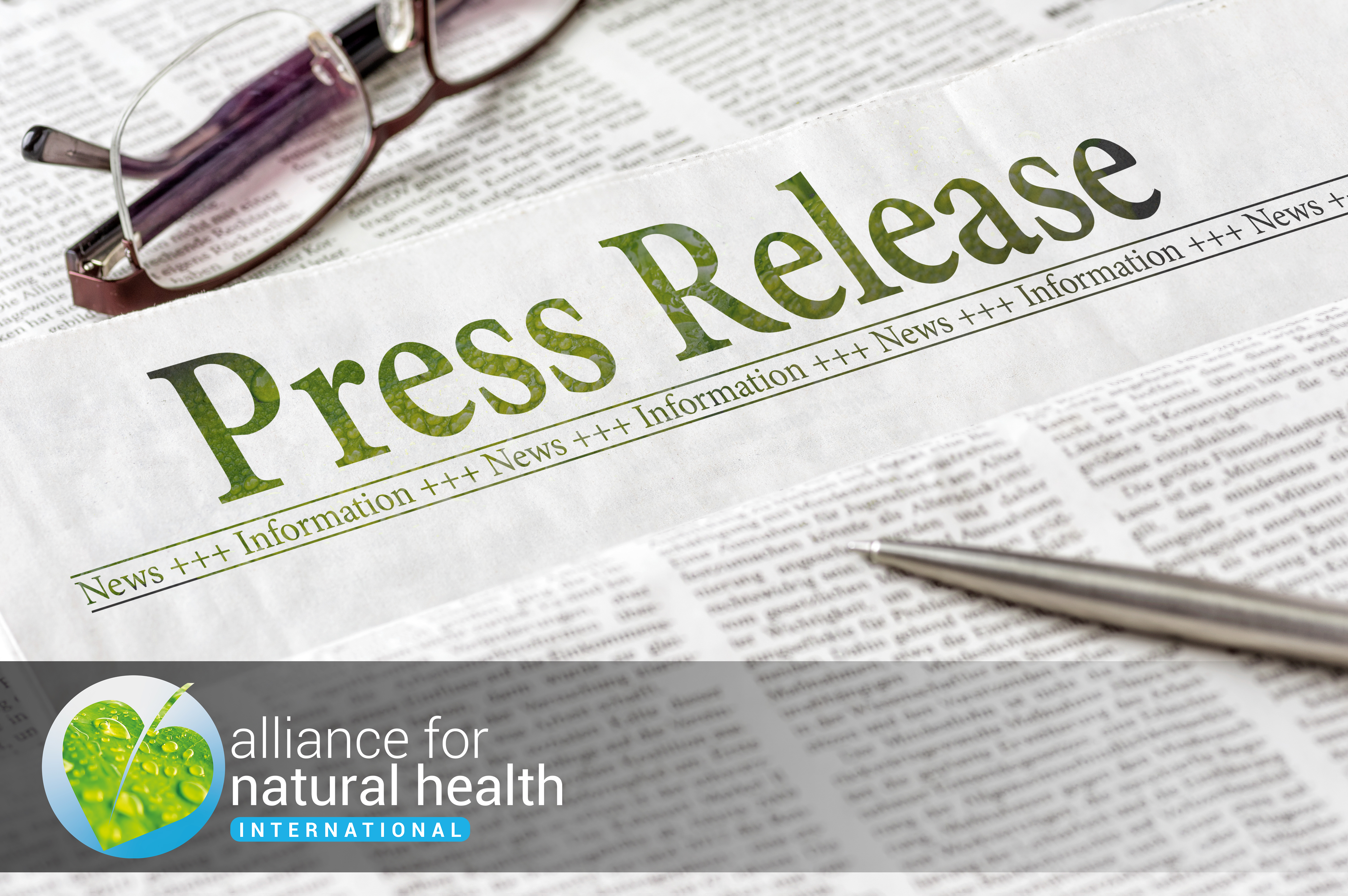Content Sections
PRESS RELEASE
For immediate release
19 June 2020
Study finds new version of doctors’ ‘Google’ fails to retrieve thousands of potentially life-saving citations
Doctors and other clinicians searching the ‘Google’ of the biomedical world, PubMed®, could find they are only finding one sixtieth of the available relevant references, a new study by non-profit Alliance for Natural Health (ANH) International has found. This could prevent them from making life-saving clinical decisions for their patients.
The US National Institutes of Health (NIH) database PubMed® has long been the major source of peer-reviewed scientific studies for doctors and researchers. On 18 May, the NIH’s National Center for Biotechnology Information (NCBI) updated the front end of its search engine with a new version that does not allow access to other closely related databases, such as PubMed Central (PMC). The new version lacks a dropdown menu, so users are forced to access only the one database, PubMed®, that’s claimed to contain “30 million citations for biomedical literature from MEDLINE, life science journals, and online books”. Most doctors will assume the sheer size of the database will ensure it will include all relevant published science. The new study shows this is not the case.
Researchers at the Alliance for Natural Health (ANH) International focused their study on controversial or uncertain areas of scientific research, including nutritional science, vaccination, genetically modified foods and non-standard treatments for covid. They searched four databases that were previously accessible from the old PubMed portal, and found that tens, hundreds or even thousands of relevant citations that can be found on the other databases were not found on PubMed.
Robert Verkerk PhD, ANH’s scientific director, said, “When we compared the 4 databases, namely the new PubMed, the legacy version, PubMed Central and Europe PMC, we found that the new PubMed consistently yielded the lowest number of hits, sometimes with 60 times fewer searches than the most comprehensive database. In many cases key papers that could be found on the other databases were not retrieved on PubMed. This means that doctors, researchers, policy makers or even patients wanting to gain an objective view of the science may find they get a distorted view.”
The findings of the ANH study have been published on its website and have been communicated to a wide range of doctors and clinicians in its network around the world. The ANH has issued a strong recommendation that clinicians, researchers and others using the PubMed® database also use at least the PMC and Europe PMC databases when they are searching more controversial or uncertain areas of the biomedical sciences.
ENDS.
CONTACT
For more information, please email ANH executive coordinator, Meleni Aldridge, at [email protected] or telephone +44 (0)1483 362200.
Address: Alliance for Natural Health International, Old Station House,
78 Dorking Road, Chilworth, Surrey GU4 8NS, United Kingdom
NOTES TO THE EDITOR
ANH Intl study:
https://www.anhinternational.org/news/be-careful-what-and-where-you-search/
About the Alliance for Natural Health International
Website: www.anhinternational.org
Mission, vision and history: https://www.anhinternational.org/who-we-are/




